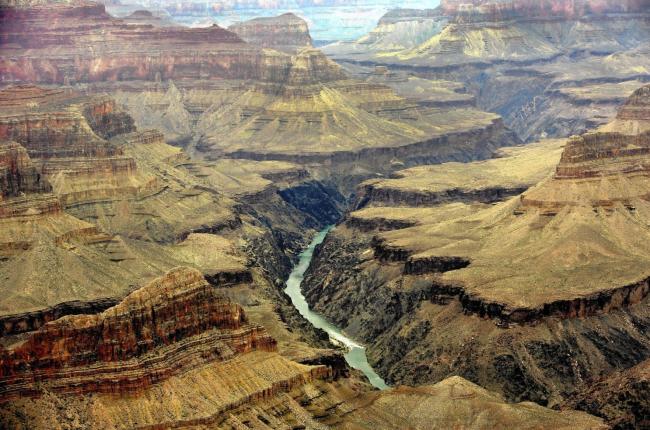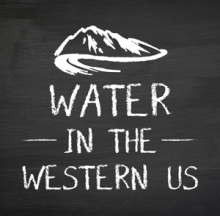Water in the Western US MOOC
University of Colorado Boulder just launched a free, online course exploring water and climate in the western United States. The self-paced course, developed by Cooperative Institute for Research in Environmental Sciences (CIRES) Education & Outreach director Anne Gold and CIRES’ Western Water Assessment’s former managing director Eric Gordon, dives into questions including:
-
Why is there so much conflict over water in the American West?
-
How do major cities and industrial agricultural systems thrive in semi-arid environments and deserts?
-
How will tens of millions of people in the region cope with a warming climate?
The course, “Water in the Western United States,” offered through the platform Coursera, runs for five weeks, accommodates flexible schedules and requires a total of 15 hours to complete. The course’s five modules are open for learners to complete at any time.
Join the course NOW.
Originally offered in 2015, the course now includes a new introduction and updated video lectures. Over a dozen experts in water management, policy, and research contributed to the course to help learners consider the scientific, legal, political and cultural issues impacting water and climate in the Western United States. Building on this foundational understanding of climate and water in the West, students examine the Colorado River Basin as a case study and conclude the class with a deeper understanding of controversial water issues faced in the American West.
There are no prerequisites or requirements to participate in the course.

Goals Header
What You Will Learn
- Understand the unique aspects of water supply and demand issues in the western US and how water systems have adapted to them.
- Explain historical and scientific issues around water management in the western US.
- Recognize major sources of water supplies in the western US and the impact of individual “water footprints."
- Describe some of the ways in which scientists study research questions related to water and climate in the western US.

